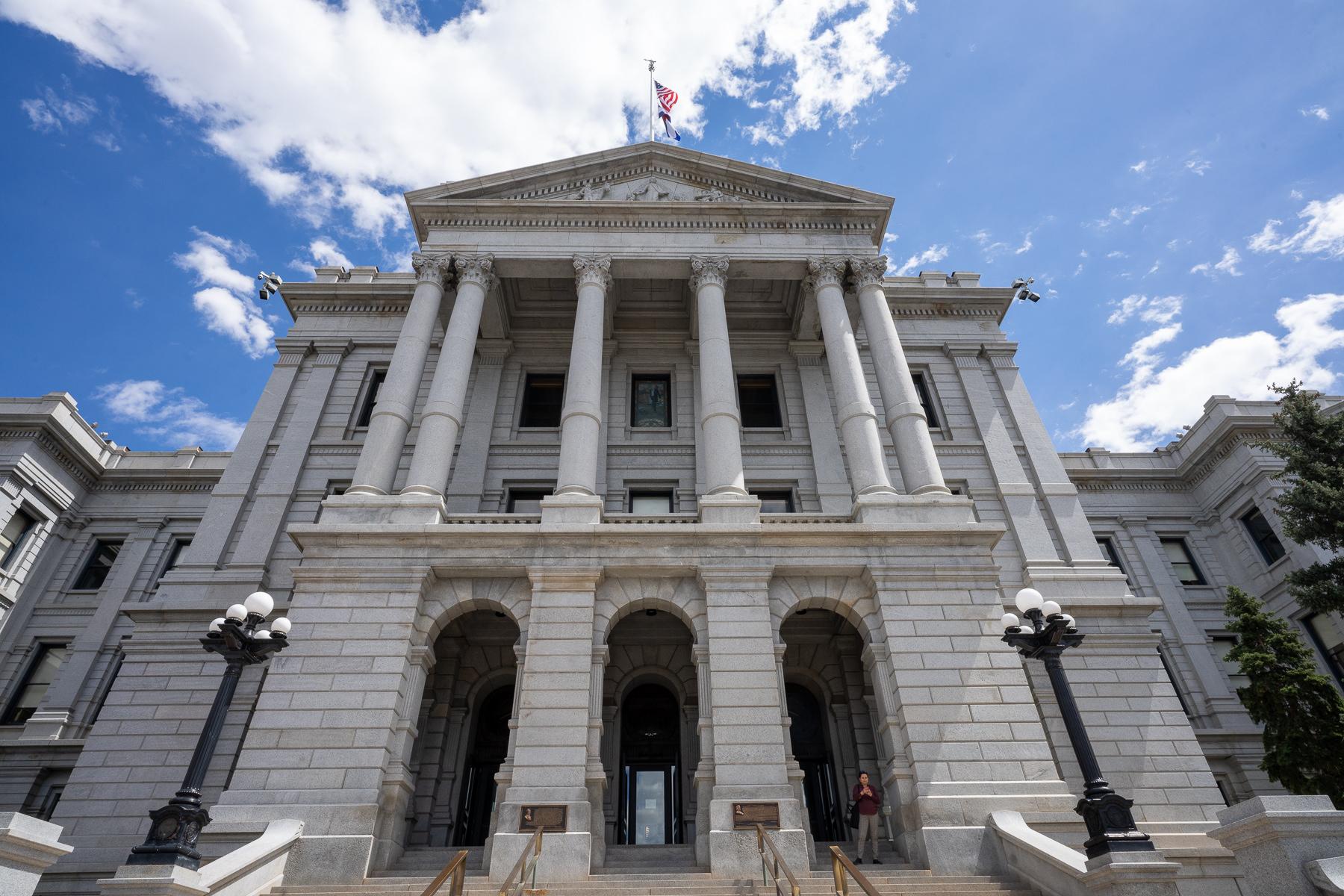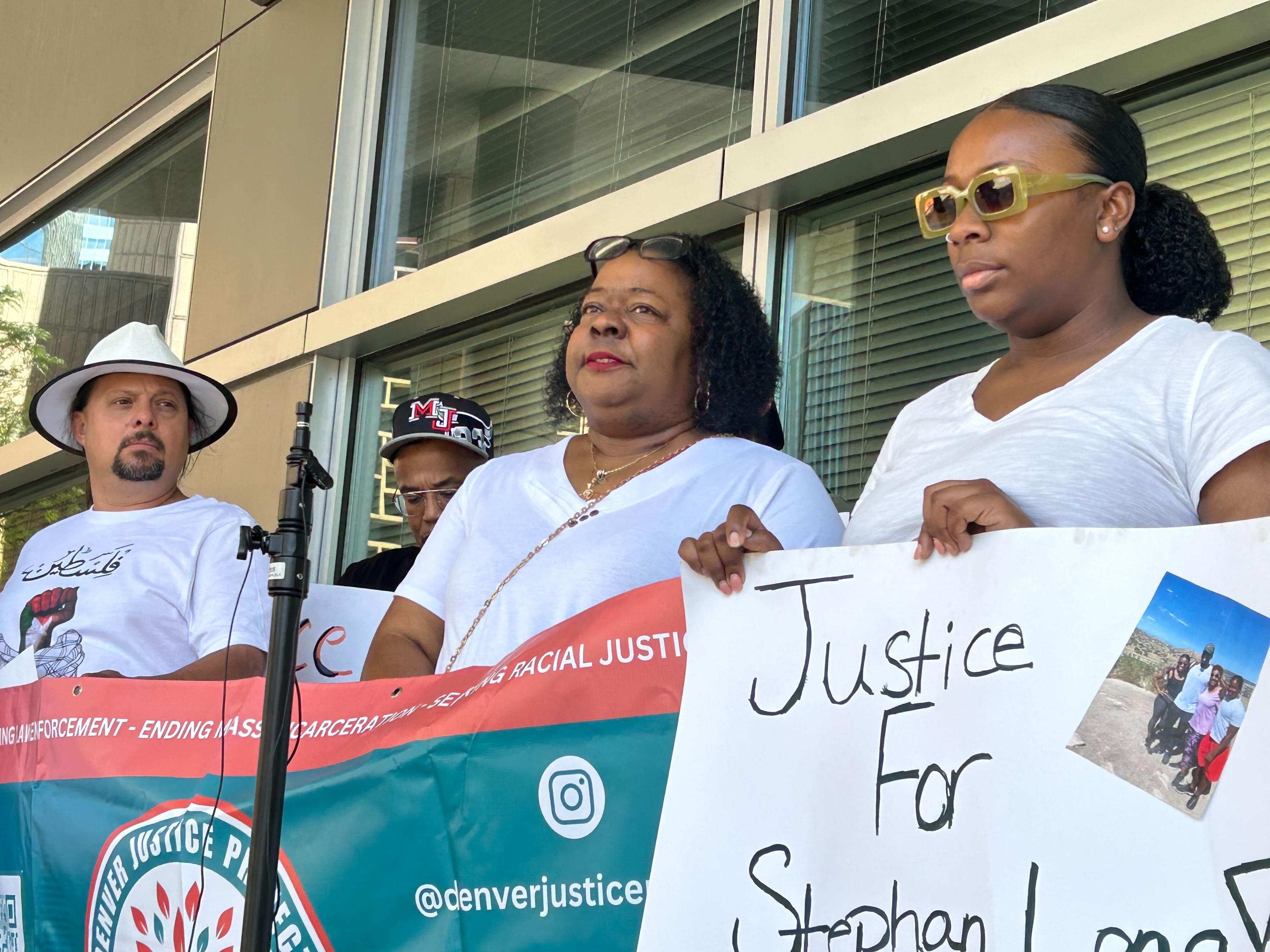
A bill that would have delayed public records requests and denied the release of other records, like government worker calendars, was killed in a State Senate committee on Wednesday.
Democrat James Coleman joined two Republicans, Mark Baisley and Larry Liston, in the State Affairs committee in voting against the bill, HB-1296. The committee then moved to declare the legislation “postponed indefinitely.”
The bill had already been considerably watered-down since its introduction by a Fort Collins Democratic state representative. It previously included a controversial provision that would have given local governments the power to label some members of the public as a “vexatious requester” if they were deemed annoying or harassing, allowing records custodians to substantially delay release of records. The provision was changed to require a judge’s approval, then stripped from the bill altogether last month.
News media was exempted from most of the bill’s provisions, and its sponsor Rep. Cathy Kipp, D-Fort Collins, said her aim was not to impede legitimate news gathering but to limit some of what she said was a burden on local governments to respond to a growing number of records requests.
Colorado, like all states, allows members of the public to obtain public documents from state and local government entities. There are exemptions to protect personal privacy and governments are allowed to charge hefty fees on the release of any records.
The bill, as amended, would have given governments extra days to respond to any request, eliminated the release of most government worker calendars, and would have delayed requests and increased fees on for-profit businesses who use government documents, for instance, to market to customers.
The Colorado Freedom of Information Coalition testified Wednesday in opposition to the bill, noting the high cost to obtain records, unresponsive governments, and custodians who incorrectly apply exemptions to release.
“Despite the elimination of some problematic provisions in bill such as the ‘vexatious’ provision, COFOIC is still opposed to creating more obstacles to obtaining public records Colorado,” said Eric Maxfield a board member of COFOIC. “Please consider the significant obstacles that can already make it difficult to obtain public records in Colorado.”
Eric Bergman with Colorado Counties Inc. testified in favor of the bill to provide “flexibility” for records custodians. He said he was also representing Colorado Municipal League.
The League of Women Voters testified against the bill. Linda Hutchinson, representing the group, said the Colorado Open Records Act may need to be modernized, “but an efficient government should not be accomplished at the expense of citizen rights, and we can hardly argue that prolonging the time until records become available is anything but a curtailment of citizen rights.”
Coleman, the lone Democrat to vote against the bill in committee, told CPR that the ACLU and The Arc approached him with concerns about the bill before the committee meeting, he also noted the opposition from the League of Women Voters.
“There were more opponents than proponents to the bill,” said Coleman.
The bill also included a provision that required lawmakers to retain some public records for 60 days, which Coleman said was a problem for him. “I felt like that was an issue that needed to be worked on more," he said.
And with less than a week remaining in the session there just isn't enough time.
Coleman said he reached out to Kipp and said he was willing to work on the issue in the future.
Kipp was a board member of the Poudre School District, and parents in that district said the restrictions were aimed at stopping parents from requesting records that could be deemed embarrassing for the district. Kipp denied that was the case.









